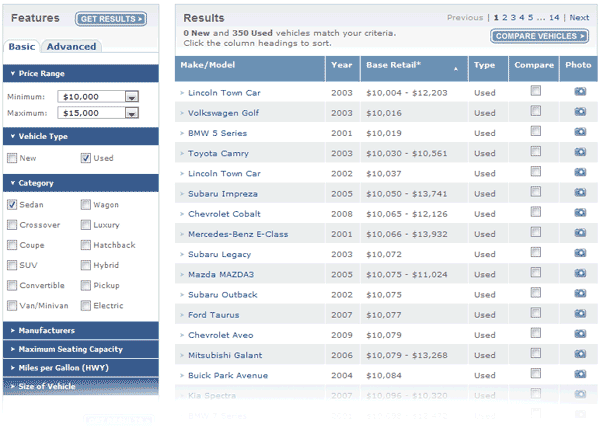Index Surge: Amplifying Your Insights
Stay updated with the latest trends and news across various industries.
Avoiding Lemonade: Tips for Sweet Car Deals
Discover expert tips to dodge overpriced car deals and drive away with sweet savings! Unlock your perfect ride today!
5 Essential Tips for Negotiating Sweet Car Deals
Negotiating for a sweet car deal requires preparation and strategy. Start by researching the market to understand the average prices for the car model you intend to buy. Utilize online resources and compare prices from various dealerships to get a sense of what constitutes a fair deal. Another crucial tip is to set your budget beforehand. Knowing your financial limits can prevent you from overspending and help you stay focused during negotiations.
When it comes to negotiating, timing is everything. Dealerships often have monthly quotas to meet, so visiting near the end of the month can put you in a stronger position to strike a deal. Additionally, don’t hesitate to walk away if the terms don't meet your expectations; this can sometimes motivate the dealer to offer you a better deal. Lastly, remember to consider the total cost of ownership, including insurance, maintenance, and fuel efficiency, rather than just the purchase price.

How to Spot a Sour Deal: Red Flags When Buying a Car
When buying a car, being vigilant for sour deals is crucial to ensure you make a wise investment. One of the primary red flags to watch out for is an unusually low price. If a deal seems too good to be true, it probably is. Additionally, always check the vehicle's history report; a car with multiple previous owners or a salvage title may indicate hidden issues. Look for signs of cosmetic repair, like mismatched paint or inconsistent panel gaps, as these could suggest past accidents that weren't disclosed.
Another important aspect to consider is the dealership’s reputation. Read reviews and ask around to gauge whether others have had satisfactory transactions. A lack of transparency in the sale, such as pressure to finalize the deal quickly or reluctance to provide documentation, can be significant red flags. Always ensure that you take the car for a thorough test drive and consider having it inspected by a trusted mechanic before making your purchase. By staying alert to these potential sour deals, you'll be well-equipped to make a safe and informed decision.
Is That Car a Lemon? A Guide to Checking Vehicle History
When considering a used car purchase, it's vital to determine if that car is a lemon. A lemon typically refers to a vehicle that has significant defects that impair its use, safety, or value. To safeguard yourself, begin by checking the vehicle history report. This report provides crucial information including previous accidents, title issues, and whether the car has been subjected to any recalls. You can obtain these reports from various online services by providing the car's VIN (Vehicle Identification Number).
Next, perform a thorough inspection of the car's condition. Look for any signs of damage, such as rust, dents, or mismatched paint, which could indicate previous accidents. Additionally, ask the seller about maintenance records and any repair work done on the vehicle. A transparent seller should readily provide these details. If the car has multiple owners or a history of mechanical problems, it might be a sign that that car is a lemon, so proceed with caution before making your final decision.